Four key factors when choosing the right excavator teeth
1. Manufacture
The construction and material of the excavator teeth and adaptor is a major criteria, as this will directly determine its wear life and strength, but so is the shape and design.
Teeth are cast in foundries, mostly in third world countries these days, for both cost and pollution reasons. The materials used in the casting process and the types of moulds used, will determine the time the teeth will last, breakage and fitment. Also, the heat treatment process will effect the hardness which in turn affects wear life.
2. Wear life
It is important to remember that they very day-to-day job of these excavator teeth is to come into rough contact with other materials, whether it be sand, rocks, dirt, or anything else. Therefore, strength is a key criteria for your bucket teeth. The wear life can be impacted by abrasive sand and other materials, depending on the quartz content. Larger wear surface teeth with last longer before breaking or losing strength, but may be less efficient when working with hard ground.
3.Penetration
The amount of surface area that comes into contact with the ground during penetration, determines the efficiency of the tooth. If the tooth has a large width, blunt or “balled” surface area, extra power from the excavator is needed to penetrate the material, so more fuel is used and more stress is created on all parts of the machine.
4. Impact
Bucket teeth with high impact resistance will withstand penetrating shocks and high breakout forces. These are best suited for digging and trenching applications when using an excavator, backhoe or other machine with high breakout force particularly in a rocky environment or rock quarry.
The different types of bucket teeth
1.Twin Tiger Teeth
Twin Tiger Teeth, or other sharp variants of bucket teeth, are needed in order to break into hard, tight, and compact ground, including rocky terrain and frozen dirt. The bucket can then power through the material in question with greater ease, making sharp teeth ideal for digging/trenching.
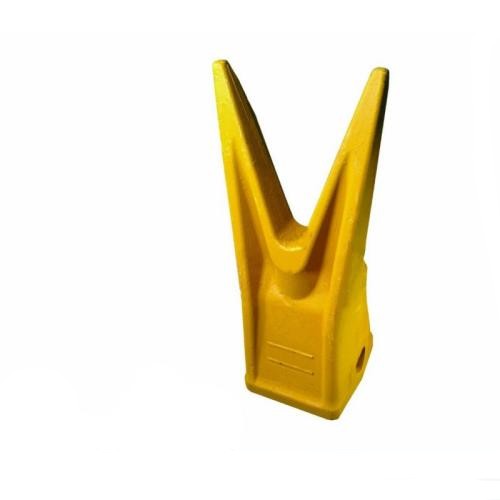
2.Single tiger teeth
The advantages include having the best penetration out of any teeth in frosty conditions, as well as rocky and generally hard terrains. The disadvantages include small wear surfaces and a shorter lifespan than some of the other teeth types.
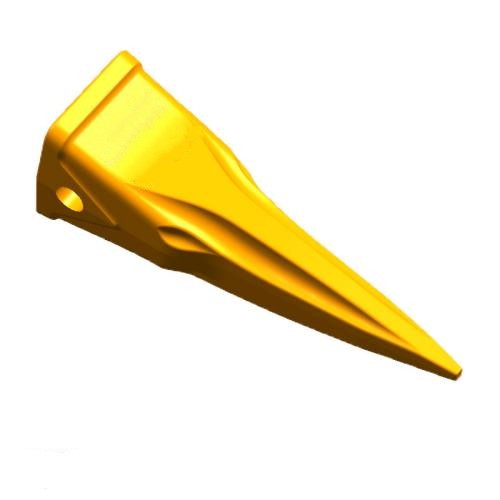
3.Rock chisel teeth
Rock Chisel teeth have been designed for greater penetration and extended life in digging applications. Benefits: Uniform resistance to wear and abrasion.
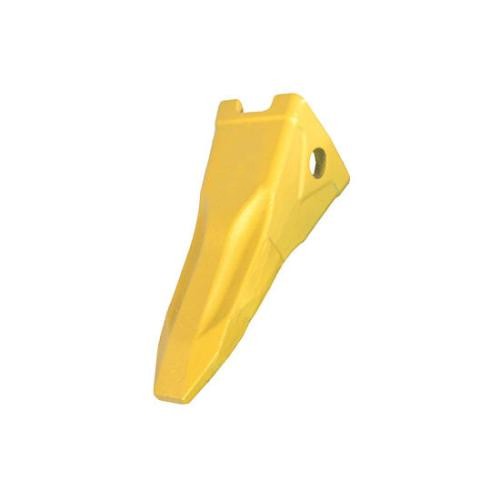
4.Chisel teeth
Sitting between penetration and general purpose, chisel teeth are generally narrow at the tip to assist with penetration however have more material through the casting to increase their lifespan in tougher conditions.
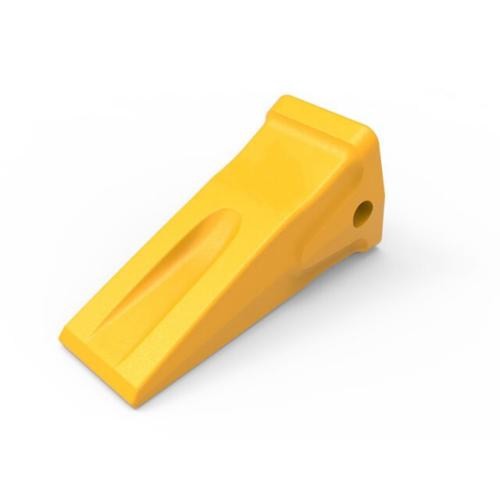
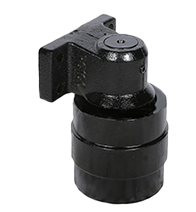
Sign up to our newsletter for the construction machinery